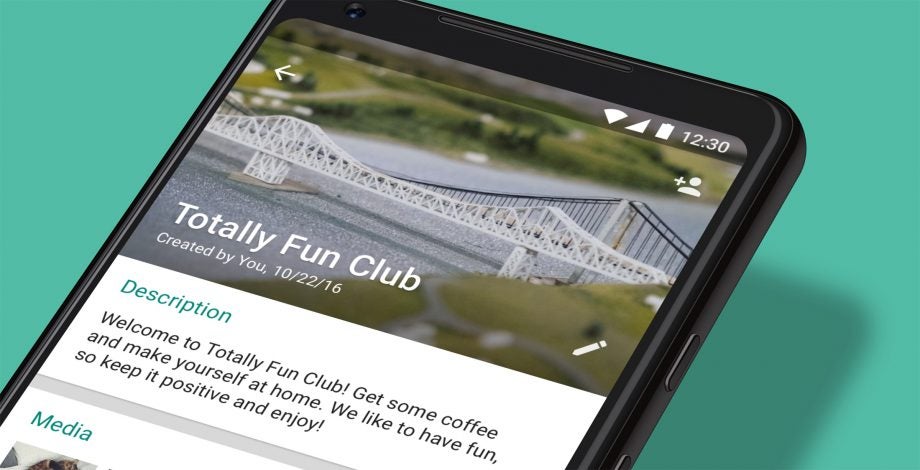WhatsApp has a novel way to tackle the fake news crisis its owner helped create

Facebook-owned messaging service WhatsApp is taking out print newspaper advertisements in India to warn users about fake news from digital platforms.
The full-page advert offers readers ten tips for spotting fake news online following the ‘lynching’ deaths of twelve people, due to false information reportedly spread primarily through WhatsApp (via Engadget).
Under the heading “Together We Can Fight False Information”, the ten steps implore users to “check information that seems unbelievable”, “check for other sources”, and “question information that upsets you”. It also encourages WhatsApp users to “think twice before sharing it again”.
"Question information that upsets you", says WhatsApp's full-page advertisements. Clearly the solution to declining newspaper ad revenues in India will come from how we tackle our digital fake news crisis. pic.twitter.com/3h5XyJeMIr
— Anuj Srivas (@AnujSrivas) July 10, 2018
“We are starting an education campaign in India on how to spot fake news and rumours,” a WhatsApp spokesman told Reuters in a statement. “Our first step is placing newspaper advertisements in English and Hindi and several other languages. We will build on these efforts.”
Related: Best smartphone 2018
The ad comes as Facebook looks at ways to tackle the spread of fake news it has been instrumental in creating. The company is currently running a television advertisement promising users it’ll get back to “what made Facebook good in the first place”.
It points out that “something happened” (gosh, whatever could that be?) that meant users “had to deal with spam, clickbait, fake news, and data misuse.” The firm is also posting signage on public transport and around major cities explaining that “fake news is not your friend”. Gee, ya think?
The social network is also funding research into fake news and even created a short film called Facing Facts that explains its thinking about tackling the crisis. Just last month the company removed the ‘Trending’ news tab, which was often a hotbed for unsubstantiated content.
Do you trust Facebook to stem the flow of fake online news? Is Mark Zuckerberg currently doing enough? Drop us a line @TrustedReviews on Twitter.


